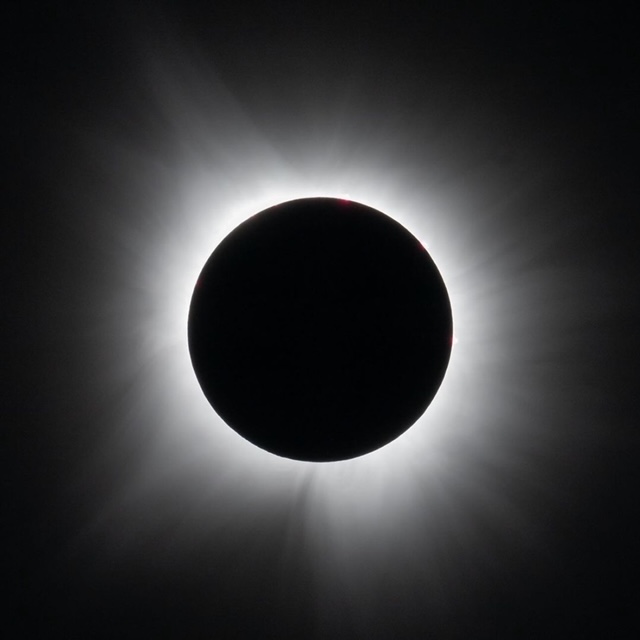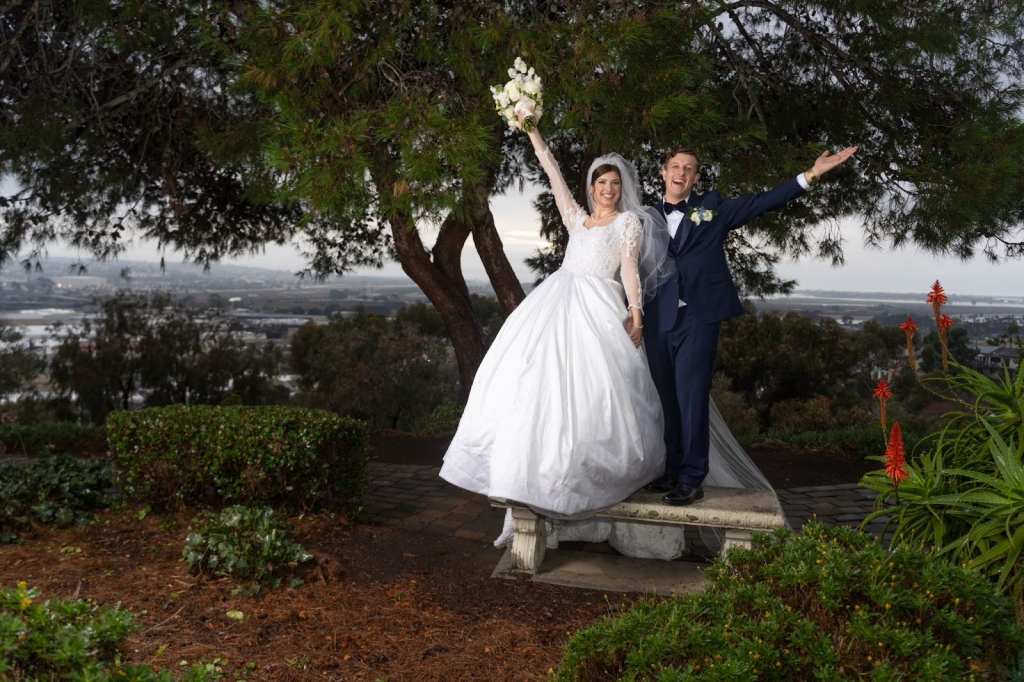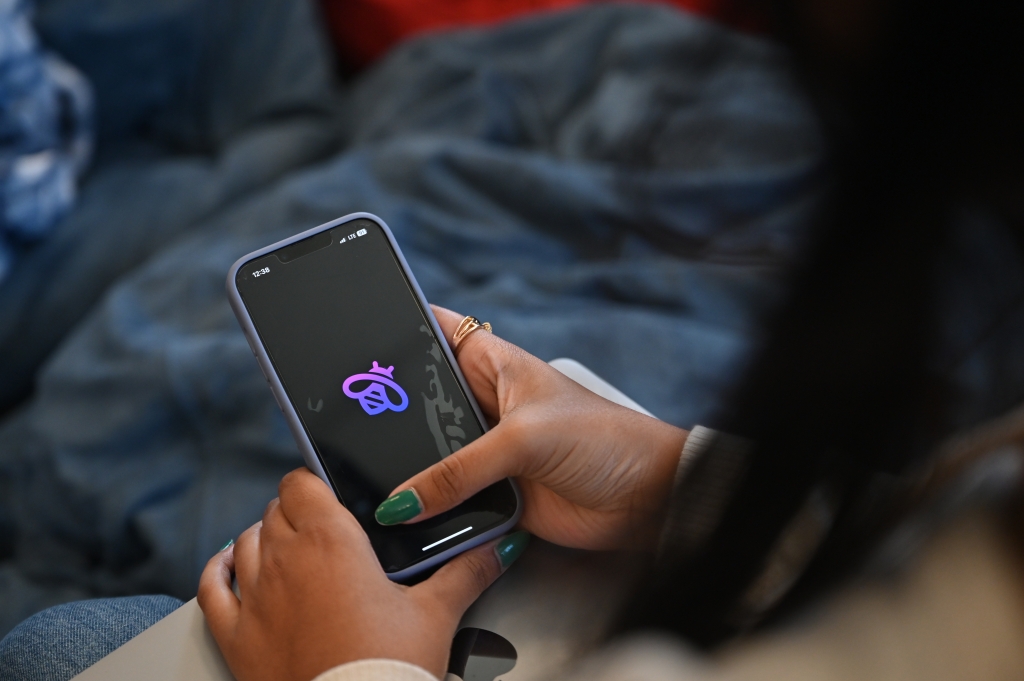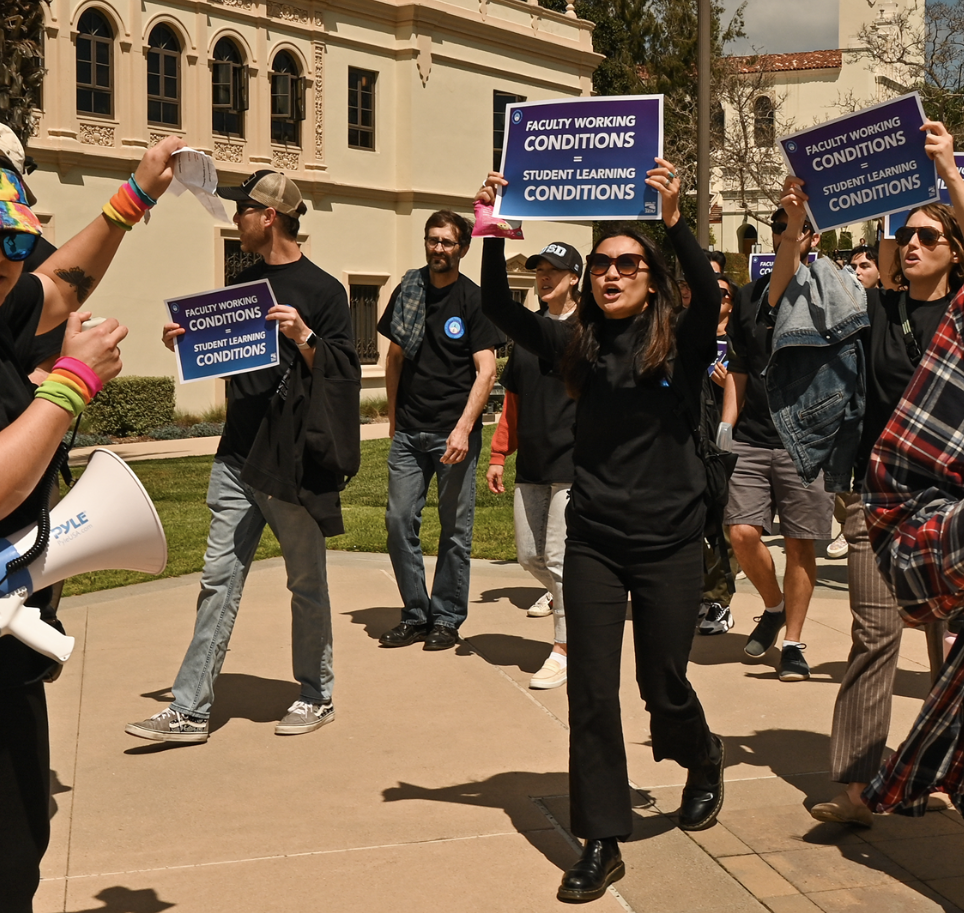ALEX KUETER / ASST. OPINION EDITOR
On April 8, a total solar eclipse occurred over a large portion of the U.S. Total solar eclipses are rare events, especially if they go over large swaths of land. Despite the fact that the majority of the country was excited to watch the celestial event, many began to develop conspiracy theories about the totally natural phenomenon. These theories ranged from fear about increased radiation, the Christian rapture and the government taking over people’s minds. Now a week later, we are (mostly) confident none of these events happened, but they offer an interesting insight into how common and outlandish conspiracy theories have become. Why when we know more than we ever have do people fail to perform simple internet searches? Have we come so far that we can no longer trust the foundations we built in the process?
First, to debunk some theories: yes, NASA did launch three rockets that day, but that was neither a coincidence nor done with malicious intent. Total solar eclipses over land are very rare events, and the rockets were launched to observe the conditions of the ionosphere (the space between earth and space) during such an event. This space is important, because it is composed of particles that become electrically charged from solar rays. The rockets’ technology tests the ions present and see how an eclipse affects the charge. The goal of this was to understand how eclipses affect normal systems such as GPS, radio waves and more.
Second: the rapture is the Christian idea that one day Jesus will return to earth, take all of his believers up to heaven and leave behind non-believers on earth to eventually die. While it does not state anywhere in The Bible when or where it will happen, some Christians were certain it would happen during the eclipse because the path of the eclipse’s totality is allegedly across seven towns named “Nineveh.” However, only two Nineveh’s are in the path of totality, not seven.
Third: many people suggested others should block out their windows and unplug machines such as microwaves, due to worries about increased radiation during the eclipse (despite the fact that a key feature of an eclipse is that the sun is covered).
According to NASA, “The electromagnetic radiation from the corona, seen as light, is perfectly safe” and does not cause issues from radiation. The corona is the outer rim of the sun from behind the moon and what you see during totality. This is no more harmful to you than regular light from the sun, and, in fact, it is less dangerous because there is less light.
Many Instagram conspiracists who voiced their concerns about the phenomenon spoke about theories our ancestors had about what dangers the eclipse posed, but a crucial point there is how little we used to know. The same ancestors who said eclipses were dangerous or radioactive had no problem with bloodletting or hanging witches. Just because a practice or belief is old, does not make it good. That, in my opinion, is the most fascinating thing about these vast theories, how easily they can be debunked with a Google search. So why in a modern age of information, where we have the answers to everything we could ever want to know at our fingertips, do wild theories thrive? How can people believe everything they hear without deciding to Google it?
One answer is that conspiracy theorists feel pressure from outside groups (that they perceive as a threat), which causes them to trust others less. In a 2023 study the American Psychiatric Association (APA) found that overall, “people were motivated to believe in conspiracy theories by a need to understand and feel safe in their environment and a need to feel like the community they identify with is superior to others.” The idea of being in the “in” group is a powerful force and allows people to feel more secure in the more uncontrollable aspects of their lives.
Interestingly, the APA found that, while theories seemed to provide clarity or a supposed secret truth about strange events, “a need for closure or a sense of control were not the strongest motivators to endorse conspiracy theories.” Largely they found that people “were more likely to believe specific conspiracy theories when they were motivated by social relationships.” This goes back to the idea of “in” and “out” groups.
Overall, we are social creatures and want to fit in and be accepted by a group of people like us. Additionally people often find a sense of security in being victims, because victims are often perceived as being “correct” or “right.” Believing in conspiracy theories allows people to feel like victims or misunderstood, within a larger group or collective unit, providing them comradery in an “in” group. Many people look down on conspiracy theorists which cause them to double down on their beliefs and further isolate themselves from greater society. This is where the informational disconnect becomes the strongest.
Even though simple Google searches can debunk most conspiracy theories, “out” group pressure causes people to further distrust sources that can help them understand what is happening around them. If people point out that their ideas are conspiracy theories, believers are more likely to double down and exile other streams of thought.
Because the eclipse was such a wide reaching event, it allowed more people to develop theories about it, and with increased outside pressure the theorists began to double down and distrust the debunked theories and the sources that allow for it. This is what caused them to become so wild, and for example, allowed people to believe that eclipses cause greater radiation, without really thinking about the logic behind that. This is incredibly important because in the age of the internet, it’s easy to get lost in wild theories and ignore the weak points in your argument, especially if you find yourself falling down a rabbit hole into a group who only want to believe one answer to a question.
As such it’s really important to closely examine everything you hear, and help debunk arguments without blindly agreeing. I find myself to be a very scientific and rational person, but upon hearing the news about the rockets I also was suspicious and wondered why NASA would choose to do that on such a day.
Rather than blindly theorize, I chose to research it and in hindsight the answer is obvious to me. So always take the time to research and look through your own biases. While people who fall for conspiracy theories are generally no less intelligent than the average person according to the APA, it does amaze me how little people think about their sources or how they get their information and blindly pass it on.





Leave a comment